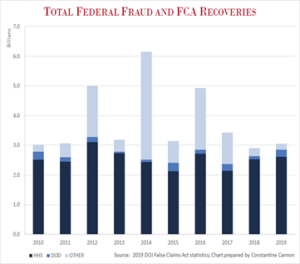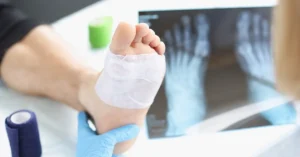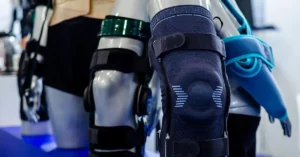While no industry is immune to fraudulent practices, there are some industries that see more fraud than others — including the respiratory industry.
Respiratory is a focus industry for our law group because we firmly believe that an industry that handles people’s safety and well-being, as well as large sums of money, should be acting in good faith at all times.
But unfortunately, that hasn’t always been the case, as there have been multiple instances of fraud that vary in type and degree.
Types of fraud that have taken place in the respiratory industry:
The types of fraud that take place in the respiratory industry vary greatly by kind and degree. While this isn’t an exhaustive list, some common forms of fraud include:
- Knowingly and routinely billing for rental equipment for non-compliant patients.
- Billing insurance companies for products or services that never occurred
- Forging or changing medical orders
- Unnecessarily providing treatments
- High-pressure sales tactics
- Data mining
- Avoiding lawful return of equipment
- Multiple billing for home sleep testing
These fraudulent activities can end up costing billions of dollars per year, as the Department of Justice breaks down:
Each instance of respiratory fraud can look a little different from scenario to scenario, so it’s important to look at examples to understand the context and nuances of how they can play out in the real world.
Examples of fraud that has taken place in the respiratory industry
While there are too many examples of fraud that we’ve investigated to list them all, there are a few examples that highlight the severity of the situation and what the outcomes can look like.
Here are some well-known cases of respiratory fraud:
- In the case involving medical equipment maker ResMed, $37.5 million was recovered by the government with $6.2 million being rewarded to the whistleblowers. In this case, ResMed filed false claims related to the sales of their equipment for sleep apnea and other sleep-related disorders.
- In the Phillips Respironics case, $34.8 million was recovered by the government with $5.48 million being rewarded to the whistleblower. Respironics was providing free services to the providers who purchased their products. They would still be able to get these services if they did not purchase these products but would have to pay a monthly fee. This was in violation of the anti-kickback statute and the False Claims Act.
- In the case involving Linde’s Lincare, $22.8 million was recovered by the government with $3.78 million dollars going to the whistleblowers involved. In this case, Linde’s Lincare fraudulently billed the government for oxygen and respiratory care equipment.
These investigations not only yielded significant rewards, but they also helped ensure the respiratory industry upholds its integrity and doesn’t cause more harm to innocent patients.
What to do if you witness fraud in the respiratory industry?
If you believe you’ve witnessed fraud in the respiratory industry, you should speak up now. If you are unsure of where to start, the team at the Daniel J Ocasio Whistleblower Law Group will support you every step of the way.



